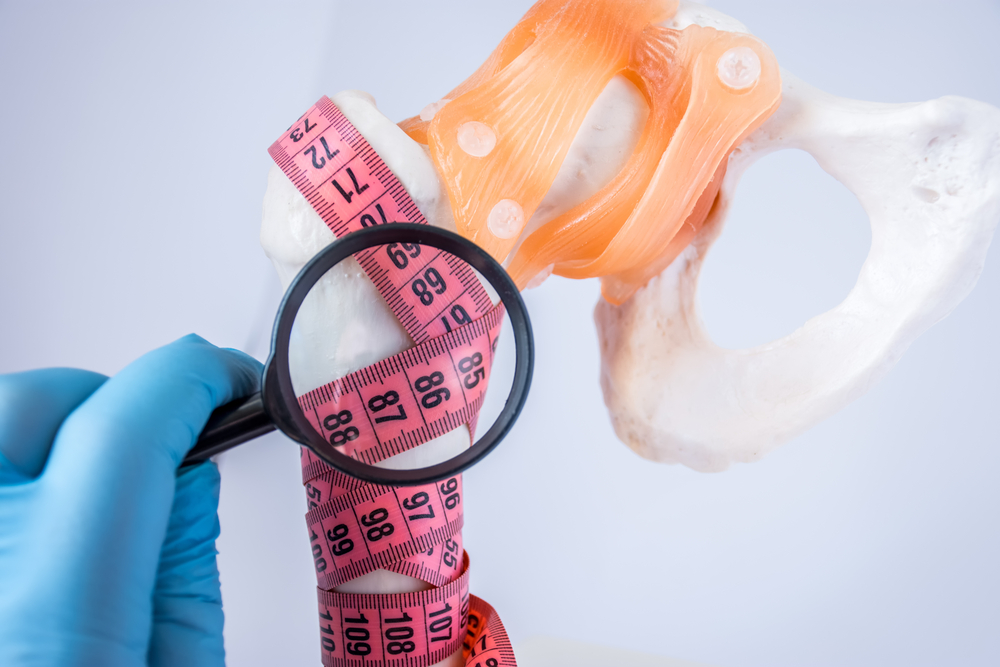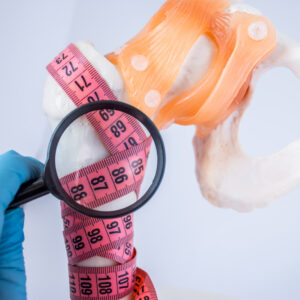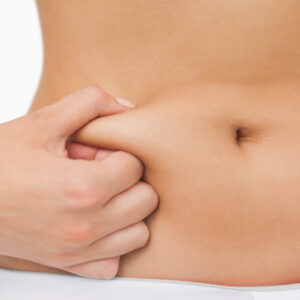Why is TBW important?
Almost every cell in your body contains water. Overall your body weight can be 45 – 65% water. Body water fulfills several crucial roles, such as:
- It is a key nutrient for your body cells;
- Is essential for maintaining your body temperature;
- Crucial for eliminating your urine;
- Is part of the fluid that protects your brain and spine;
- Is essential in pregnancy.
What are normal reference values for TBW?
The amount of water within a person is influenced by your age, sex, and fitness level.
When we are born, we are almost 80% water. By the time we reach our first birthday, that number drops to about 65%. Lean body mass carries much more body water than body fat.
An adult man will be about 60% water compared to an adult woman that will be about 55% water. If you are physically active, that number will increase depending on your lean body mass.
Water is stored in two main body compartments:
- Intracellular fluid (ICF)
The fluid within cells covers 2/3 of Total Body Water - Extracellular fluid (ECF)
The fluid outside the cells(found in between blood vessels & cells, between cells, and in blood plasma) covers the remaining 1/3 of TBW.
A better gauge of healthy body water levels is your ratio of extracellular water to your total body water.
| Adults | Ages 12 to 18 | Ages 19 to 50 | Ages 51 and older |
| Male | average: 59 range: 52% – 66% |
average: 59% range: 43% – 73% |
average: 56% range: 47% – 67% |
| Women | average: 56% range: 49% – 63% |
average: 50% range: 41% – 60% |
average: 47% range: 39% – 57% |
What could cause an altered TBW?
Excess ECW can indicate health risks, of which most common ones are mentioned below:
- Inflammation. During inflammation, the body sends additional blood flow to the damaged area. This causes an increase of extracellular water in a particular area. Chronic (or on-going) inflammation is marked by long-term swelling. Chronic inflammation can lead to serious diseases if allowed to persist over time, particularly in the cases of renal failure, cancer, and heart disease.
- Renal Disease (Kidney Failure). When your diet includes more sodium than your kidneys can filter out, which occurs in people who have failing kidneys, the extracellular water levels will increase. In some cases, this increased extracellular water causes swelling, a condition known as edema.
- Unhealthy Fat Mass Levels (Obesity). Obese individuals are characterized by having too much body fat, which among other complications, leads to body water disruption due to excess ECW. This excess ECW causes stress in the body affecting the internal organs, which can exacerbate obesity and cause a dangerous cyclic effect.
On the other hand, Dehydration is a major cause for low TBW. Chronic health problems, such as diabetes, increase your odds of dehydration because of increased urination. Even being sick with a cold can make you less likely to eat and drink as much as you normally do, putting you at risk for dehydration.
What is the risk of less/ excess water intake?
Dehydration is a lack of total body water. The risks of dehydration could be serious, such as:
- Urinary tract infections, kidney stones, and related illnesses;
- Seizures resulting from imbalances of sodium, potassium, and other electrolytes;
- Sudden drops in blood pressure, leading to fainting and falls or hypovolemic shock (a potentially life-threatening condition caused by abnormally low oxygen levels in the body);
- Heat-related injuries, starting with cramps, but potentially leading to heat stroke.
Alternatively, though it’s unusual, it is possible to drink too much water, which can result in water intoxication, a condition in which levels of sodium, potassium, and other electrolytes become diluted. If sodium levels fall too low, the result is hyponatremia, which can lead to several potentially serious health problems.
Certain medical conditions can make you more vulnerable to water intoxication, because they cause fluid retention in the body. So even drinking a normal amount of water may push your levels too high. These conditions include congestive heart failure, kidney disease, poorly managed diabetes, etc.
How to maintain the TBW balance?
ICW : ECW balance of 3 : 2 is ideal for optimal health. Avoiding excess ECW is ideal. Reducing the amount of sodium (salt) in your diet can in turn reduce excess ECW. Sodium is located primarily in your ECW, and when excess sodium is introduced into the body, the body’s natural response is to draw water out of your cells at the expense of your ICW.
On the flip side, increasing your ICW can be achieved by increasing your Lean Body Mass/increasing muscle mass through exercising. As the muscle cells increase in size, they will require more water to maintain their function. Exercise has the additional benefit of combating obesity, and as fat mass is reduced, ECW increased due to obesity will decline over time.







